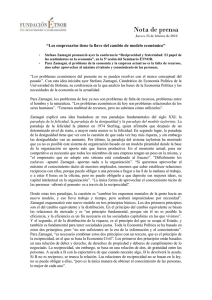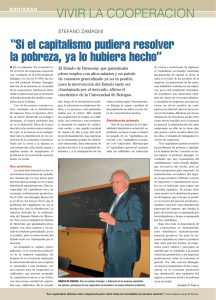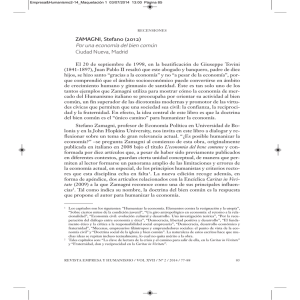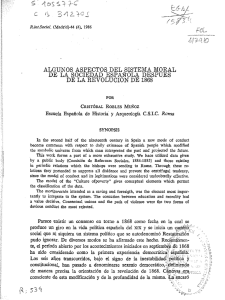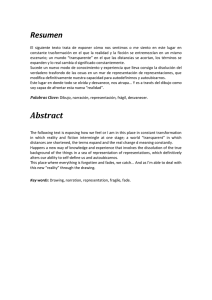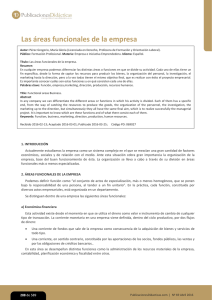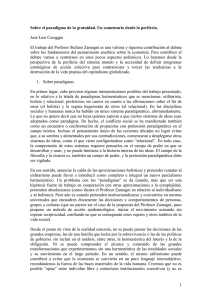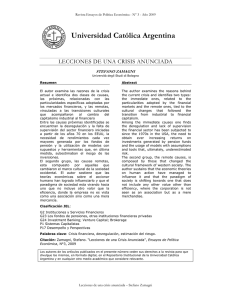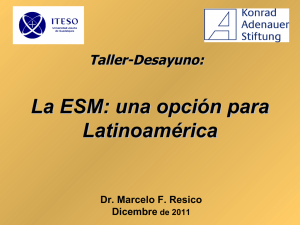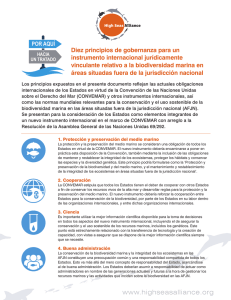4. Don gratuito y vida económica*
Anuncio
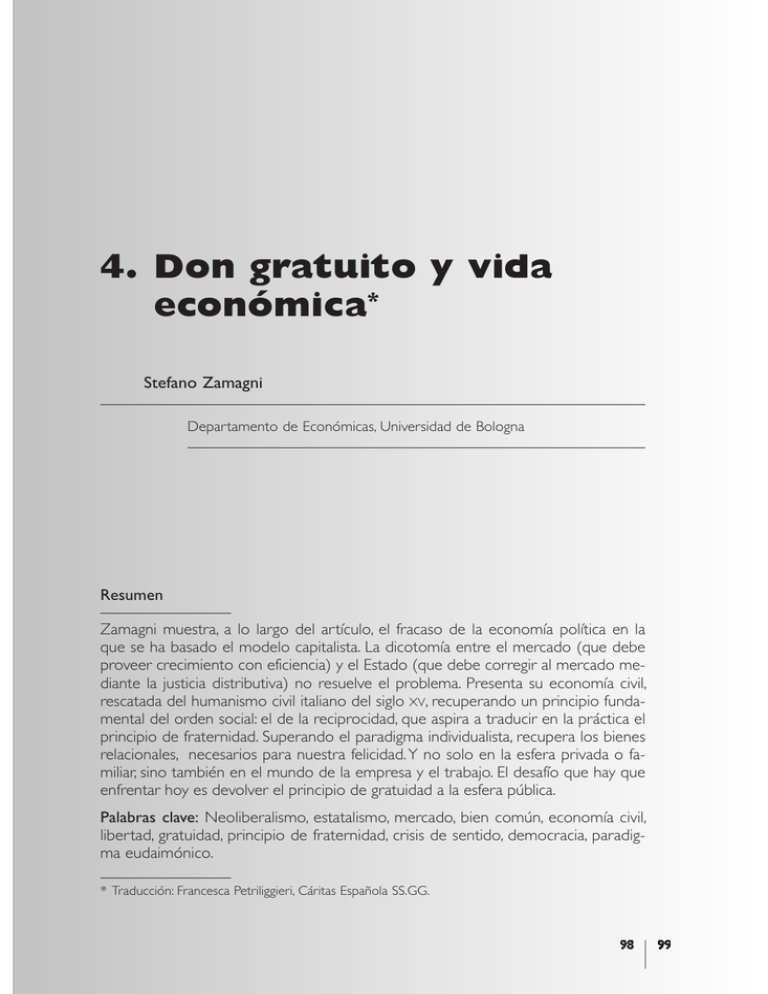
4. Don gratuito y vida económica* Stefano Zamagni Departamento de Económicas, Universidad de Bologna Resumen Zamagni muestra, a lo largo del artículo, el fracaso de la economía política en la que se ha basado el modelo capitalista. La dicotomía entre el mercado (que debe proveer crecimiento con eficiencia) y el Estado (que debe corregir al mercado mediante la justicia distributiva) no resuelve el problema. Presenta su economía civil, rescatada del humanismo civil italiano del siglo XV, recuperando un principio fundamental del orden social: el de la reciprocidad, que aspira a traducir en la práctica el principio de fraternidad. Superando el paradigma individualista, recupera los bienes relacionales, necesarios para nuestra felicidad. Y no solo en la esfera privada o familiar, sino también en el mundo de la empresa y el trabajo. El desafío que hay que enfrentar hoy es devolver el principio de gratuidad a la esfera pública. Palabras clave: Neoliberalismo, estatalismo, mercado, bien común, economía civil, libertad, gratuidad, principio de fraternidad, crisis de sentido, democracia, paradigma eudaimónico. * Traducción: Francesca Petriliggieri, Cáritas Española SS.GG. 98 99 4 Stefano Zamagni Abstract Zamagni shows, throughout the paper, the failure of the political economy in which the capitalist model is based. The dichotomy between the market (which should provide growth efficiently) and the State (which should correct the market through distributive justice) does not solve the problem. He presents civil economy, rescued from Italian civil humanism of the fifteenth century, recovering a fundamental principle of social order: that of reciprocity, that means to put into practice the principle of fraternity. Overcoming the individualist paradigm he gets back to relational goods, which are necessary for our happiness. And not just in the traditional family or private sphere, but also in the world of business and labor. The challenge to be faced today is to put the principle of gratuity at the center of the public sphere. Key words: Neoliberalism, statalism, market, common good, civil economy, freedom, gratuity, principle of fraternity, crisis of meaning, democracy, eudaimonic paradigm. Corintios XIII n.º 151-152
